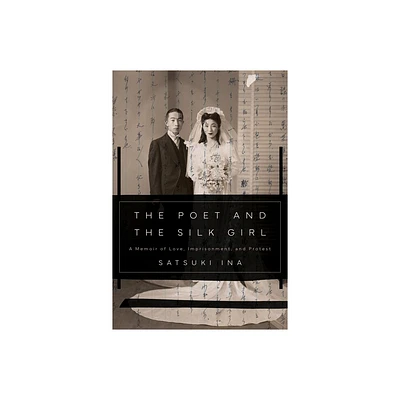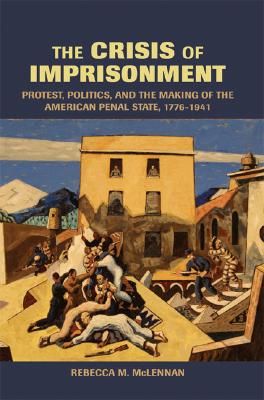Home
the Poet and Silk Girl: A Memoir of Love, Imprisonment, Protest
Loading Inventory...
Barnes and Noble
the Poet and Silk Girl: A Memoir of Love, Imprisonment, Protest
Current price: $35.00


Barnes and Noble
the Poet and Silk Girl: A Memoir of Love, Imprisonment, Protest
Current price: $35.00
Loading Inventory...
Size: Hardcover
*Product Information may vary - to confirm product availability, pricing, and additional information please contact Barnes and Noble
A compelling and prismatic love story of one family's defiance in the face of injustice—and how their story echoes across generations.
"It is both overwhelming and affirming to imagine, in the midst of their darkest hours, and in the middle of a country and a war that willfully misperceived them as enemy aliens, that the future, for Itaru and Shizuko Ina, was not only possible, but would deliver redemption in the form of the intimate, inexhaustible attention of a daughter." —
Brandon Shimoda
, author of
The Grave on the Wall
In 1942 newlyweds Itaru and Shizuko Ina were settling into married life when the United States government upended their world. They were forcibly removed from their home and incarcerated in wartime American concentration camps solely on account of their Japanese ancestry. When the Inas, under duress, renounced their American citizenship, the War Department branded them enemy aliens and scattered their family across the U.S. interior. Born to Itaru and Shizuko during their imprisonment, psychotherapist and activist Satsuki Ina weaves their story together in this moving mosaic. Through diary entries, photographs, clandestine letters, and heart-wrenching haiku, she reveals how this intrepid young couple navigated life, love, loss, and loyalty tests in the welter of World War II-era hysteria.
The Poet and the Silk Girl
illustrates through one family's saga the generational struggle of Japanese Americans who resisted racist oppression, fought for the restoration of their rights, and clung to their full humanity in the face of adversity. With psychological insight, Ina excavates the unmentionable, recovering a chronicle of resilience amidst one of the severest blows to American civil liberties. As she traces the legacies of trauma, she connects her family's ordeal to modern-day mass incarceration at the U.S.-Mexico border. Lyrical and gripping, this cautionary tale implores us to prevent the repetition of atrocity, pairing healing and protest with galvanizing power.
"It is both overwhelming and affirming to imagine, in the midst of their darkest hours, and in the middle of a country and a war that willfully misperceived them as enemy aliens, that the future, for Itaru and Shizuko Ina, was not only possible, but would deliver redemption in the form of the intimate, inexhaustible attention of a daughter." —
Brandon Shimoda
, author of
The Grave on the Wall
In 1942 newlyweds Itaru and Shizuko Ina were settling into married life when the United States government upended their world. They were forcibly removed from their home and incarcerated in wartime American concentration camps solely on account of their Japanese ancestry. When the Inas, under duress, renounced their American citizenship, the War Department branded them enemy aliens and scattered their family across the U.S. interior. Born to Itaru and Shizuko during their imprisonment, psychotherapist and activist Satsuki Ina weaves their story together in this moving mosaic. Through diary entries, photographs, clandestine letters, and heart-wrenching haiku, she reveals how this intrepid young couple navigated life, love, loss, and loyalty tests in the welter of World War II-era hysteria.
The Poet and the Silk Girl
illustrates through one family's saga the generational struggle of Japanese Americans who resisted racist oppression, fought for the restoration of their rights, and clung to their full humanity in the face of adversity. With psychological insight, Ina excavates the unmentionable, recovering a chronicle of resilience amidst one of the severest blows to American civil liberties. As she traces the legacies of trauma, she connects her family's ordeal to modern-day mass incarceration at the U.S.-Mexico border. Lyrical and gripping, this cautionary tale implores us to prevent the repetition of atrocity, pairing healing and protest with galvanizing power.


















